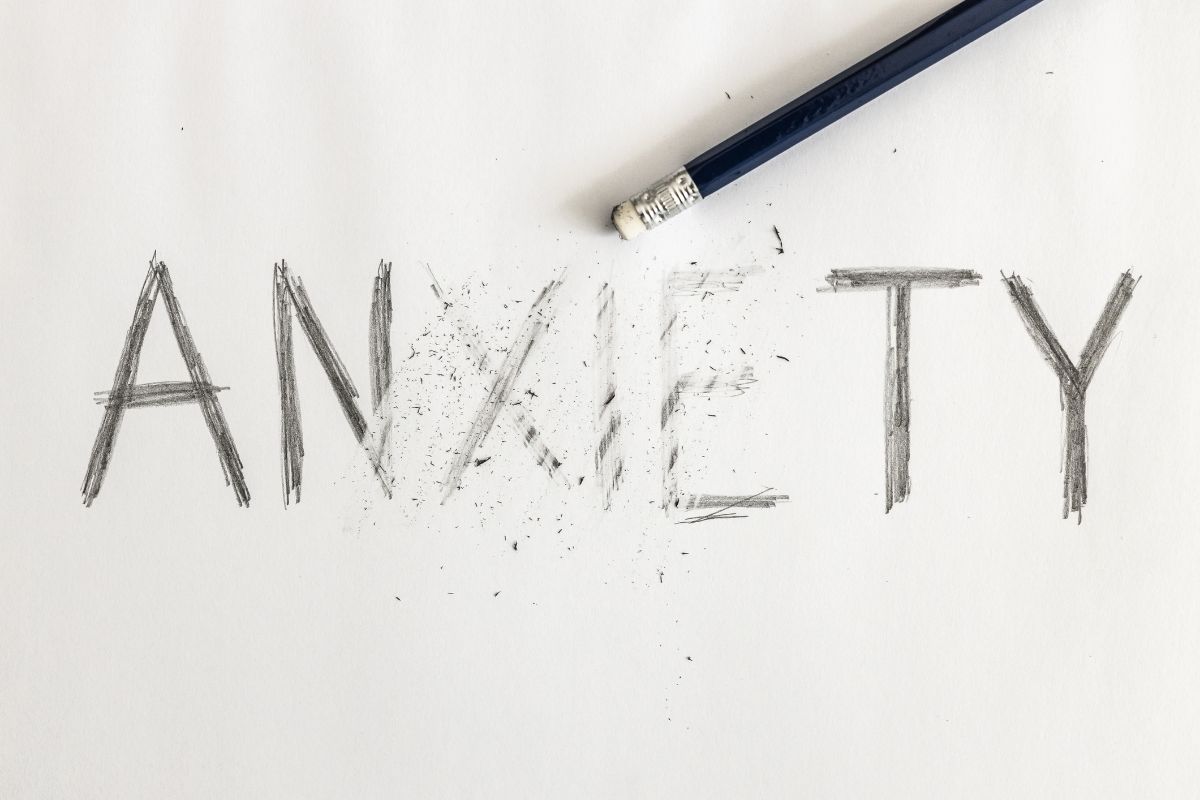
When someone suffers from one of the many types of anxiety, it can make living an average life challenging. There are six types of anxiety disorders. While each of these disorders is treated differently, many treatment options overlap.
What is the Difference Between Anxiety and Anxiety Disorder?
People experience anxiety and stress during day-to-day life. In typical amounts, some anxiety is normal. However, when someone’s anxiety worsens over time and refuses to go away, they may suffer from an anxiety disorder.
Talking about the types of anxiety disorders is essential because these disorders can lead to long-term effects. For example, different anxiety disorders can be connected to respiratory, gastrointestinal, heart, and other physical illnesses.
The 6 Types of Anxiety Disorder
While each person is different, the basic types of anxiety are experienced similarly. However, depending on the anxiety disorder type you are dealing with, how you manage and treat your illness may differ.
Generalized Anxiety Disorder (GAD)
GAD is when you experience excessive worry about day-to-day problems for more than six months. Along with feeling worried, you may experience muscle tension, irritability, sleep issues, concentration problems, and fatigue. This disorder can occur at any age.
Once you are diagnosed with GAD, there are several treatment options available. Antidepressants, physical exercise, meditation, and relaxation techniques are frequently used to manage symptoms. Your mental health clinician may also recommend cognitive behavioral therapy (CBT), mindfulness therapy, psychoanalysis, or other psychotherapies.
Panic Disorder
People with panic disorder experience regular attacks of panic or fear. People are more likely to experience panic disorder if there is a family history of the disease, but it can also occur following traumatic events.
Like other types of anxiety, panic disorder is frequently treated using therapy, like talk therapy. It often helps when people abstain from alcohol, nicotine, caffeine, and recreational drugs. In addition, relaxation techniques, yoga, and deep breathing may alleviate some symptoms.
Social Anxiety Disorder
Social anxiety disorder is when an everyday social interaction leads to irrational fear, embarrassment, or anxiety. For example, you may be afraid of being judged or humiliated in social interactions.
Social anxiety disorder and other anxiety disorder types often respond well to psychotherapy and CBT. In addition, some antidepressants and sedatives may be used as well.
Phobia-related Disorders
Like other types of anxiety disorders, phobia-related disorders happen when you have an irrational or excessive worry or fear about something. For example, even though you know your thoughts are foolish, you may be afraid of an object, situation, or place.
People may treat this kind of anxiety by avoiding the trigger. Instead, they may take antidepressants, beta-blockers, or tranquilizers. Some people also benefit from exposure therapy or CBT.
Separation Anxiety Disorder
Separation anxiety disorder is one of the most common types of anxiety disorder. It is when someone experiences excessive distress when separated from someone else.
When a child experiences separation anxiety disorder because of their parent leaving, they may benefit from reassurance. A counselor may also recommend using a family therapy, systematic desensitization, behavior therapy, or psychotherapy.
Agoraphobia
When someone has agoraphobia, they feel excessive fear or worry about leaving home or going to a crowded place. As a result, they may try to avoid these places or experience a panic attack if they are forced to be around other people.
Relaxation therapy and CBT are often helpful for agoraphobia. Depending on the individual’s unique circumstances, a counselor may recommend systematic desensitization, exposure and response prevention, or psychotherapy.
Support Your Mental Health
No matter the type of anxiety you suffer, the impact on your mental wellness can be severe. To learn more about the types of anxiety disorders and treatment options, reach out to the San Antonio Behavioral Healthcare Hospital today.






